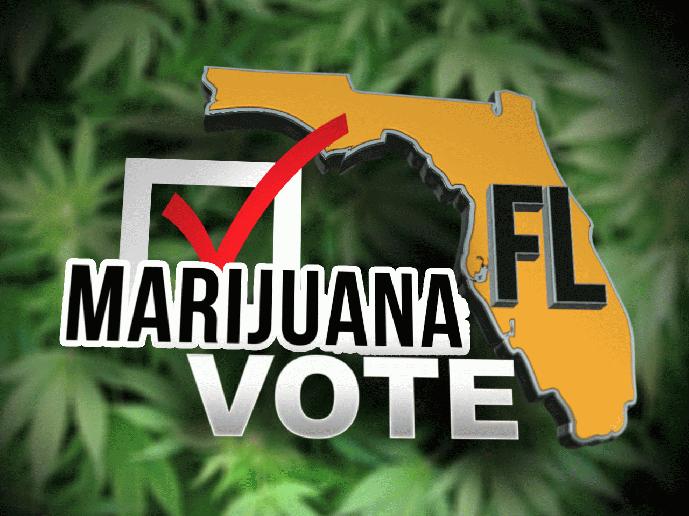

Negron said a special session is "something that now that session is over and our budget passed that we’ll confer with the House and governor, and then make a decision on whether that’s something we should do." John Morgan, who's firm was the largest donor to the amendment's support campaign, called on Gov. He said, "To just leave it to bureaucrats sitting over at the Department of Health I think would be a gross injustice." Joe Negron, president of the Florida Senate, stated that the legislature has a responsibility to be involved in developing rules and regulations.

Richard Corcoran, speaker of the Florida House of Representatives, said he would like a special legislative session to address medical marijuana legislation. The state was to issue IDs for medical marijuana patients by October 3, 2017.

On May 8, 2017, the department of health issued a statement, which said, "The department is committed to quickly moving through the rulemaking process to create a regulatory structure for Amendment 2." As the legislature did not pass a bill, the Florida Department of Health was expected to set the rules and regulations to implement the amendment by July 3, 2017. However, the legislature did not pass legislation to implement the amendment during its 2017 legislative session, which adjourned May 8, 2017. The state legislature has the power to set rules for medical marijuana. Supporters of Amendment 2 said the department's proposed rules were too restrictive. The Florida Department of Health released a list of proposed rules for regulating medical marijuana on January 18, 2017.
#FLORIDA VOTE TOTALS BY COUNTY MARIJUANA AMENDMENT REGISTRATION#
2017 regular sessionĪmendment 2 required that regulations for the department of health's medical marijuana program be set for the issuance of identification cards, qualifications and standards of care givers, and rules for the registration of medical marijuana treatment centers by July 3, 2017, which was six months after the effective date. The bill ultimately didn't pass in the 2018 session. House Majority Leader Ray Rodrigues (R) said that the bill would not make it through the state House. The bill was designed to allow smoked medical marijuana. Gary Farmer (D) introduced Senate Bill 726 for consideration during the 2018 legislative session. The governor signed the bill into law on March 18, 2019. The House approved the bill on March 13, 2019, in a vote of 101 to 11. On March 7, 2019, the Florida State Senate approved SB 182 in a vote of 34 to 4, sending the bill to the House. The bill was designed to allow medical marijuana to be smoked, among other provisions.

Senate Bill 182 was introduced in the 2019 legislation session by Sen. 9.1 Compassionate Medical Cannabis Act of 2014.8.1.3 Broward County and Amendment 2 in 2014.1.5.1 People United for Medical Marijuana v.This election was one of Ballotpedia's top 10 state-level races in 2016. This requirement was established via Amendment 3 in 2006. For a constitutional amendment to be enacted in Florida, it must win a supermajority vote of 60 percent of those voting on the question, according to Section 5 of Article XI. It was approved.Ī "yes" vote supported legalizing medical marijuana for individuals with specific debilitating diseases or comparable debilitating conditions as determined by a licensed state physician.Ī "no" vote opposed this proposal for legalization of medical marijuana, keeping the state's more limited medical marijuana program in place.Īmendment 2 was also designed to require the Department of Health to regulate marijuana production and distribution centers and issue identification cards to patients and caregivers. The Florida Medical Marijuana Legalization Initiative, also known as Amendment 2, was on the November 8, 2016, ballot in Florida as an initiated constitutional amendment.


 0 kommentar(er)
0 kommentar(er)
